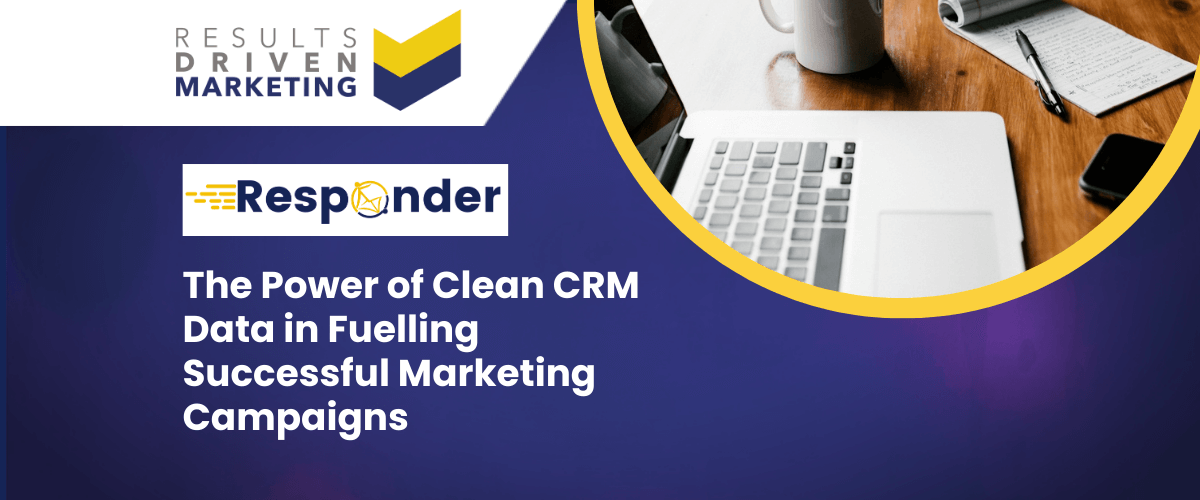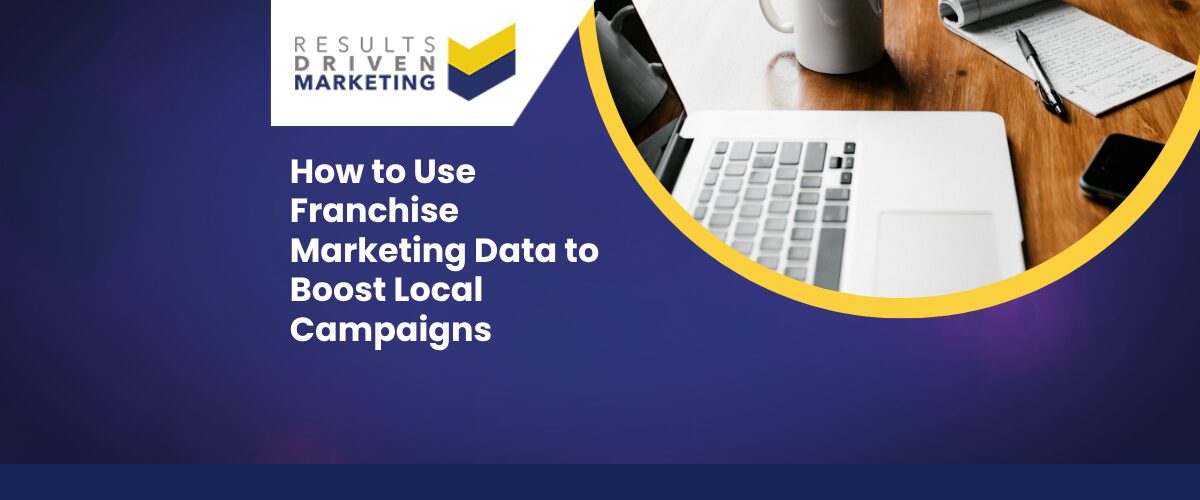
The Power of Clean CRM Data in Fuelling Successful Marketing Campaigns
As a savvy business owner or a diligent marketer, you likely recognise the immense value of direct marketing campaigns. The success of these campaigns is largely dependent on the quality of the data you use, which most often comes from your Customer Relationship Management (CRM) system. Clean, accurate CRM data is an essential ingredient in making marketing campaigns successful, ultimately driving lead generation and fuelling business growth.
What Is CRM Data?
CRM data is the wealth of information stored about your customers, leads, and prospects in your CRM system. This data includes contact details, purchase history, interactions with your business, demographic information, and much more. However, this valuable data can quickly turn into a liability if it’s not regularly cleaned and updated. This process, often referred to as data cleansing, is the act of finding and correcting or removing corrupt or inaccurate records from a database.
The Value of Clean CRM Data
Enhanced Targeting
With clean CRM data, you can better target your marketing efforts. Accurate, updated customer profiles allow you to create highly tailored campaigns that resonate with your audience on a personal level. This means you’re not wasting resources on poorly targeted efforts that will likely be ignored or deleted by your audience.
Improved Conversion Rates
Clean data leads to better conversion rates. When you have a clear understanding of your customers’ needs and preferences, your messaging becomes more relevant, compelling, and persuasive. This relevancy not only increases engagement but also improves the chances of turning your prospects into customers.
Increased Customer Satisfaction
Customer satisfaction significantly improves when you use clean CRM data. Irrelevant marketing messages or repeated communications to wrong or outdated contacts can frustrate recipients, harming your brand’s reputation. Accurate data ensures you’re sending the right messages to the right people at the right time, thereby enhancing your customer’s experience and relationship with your brand.
How Data Cleansing Enhances Marketing Campaigns
Reduces Bounce Rates
Incorrect emails or outdated contact information can lead to high bounce rates, which is not only frustrating but also costly in terms of wasted resources. Cleaning your CRM data helps ensure you’re sending communications to valid, up-to-date email addresses, reducing bounce rates and increasing the success of your campaign.
Facilitates Better Segmentation
Clean CRM data allows for more accurate segmentation. You can divide your audience into groups based on various attributes like their purchase history, preferences, behaviour, etc. This level of segmentation enables you to tailor your messages effectively, leading to more personalised and relevant marketing campaigns.
Improves Decision-Making
Data cleansing offers more than just cleaner records; it also gives you insights that help drive strategic decision-making. When your CRM data is clean, accurate, and up-to-date, you can make better-informed decisions about your marketing strategies, using the accurate data to guide your decisions and future campaigns.
Implementing CRM Data Cleansing
Implementing a regular data cleansing process is integral to maintaining a healthy CRM system. This process involves identifying and removing or updating incorrect data, duplicate entries, and outdated information. There are several CRM data cleaning tools available, or you can opt for professional data cleaning services. Regardless of the method you choose, it’s crucial to make data cleansing a routine part of your CRM management.
Conclusion
Clean CRM data is the lifeblood of successful marketing campaigns. It enhances targeting, improves conversion rates, increases customer satisfaction, reduces bounce rates, facilitates better segmentation, and improves decision-making. In a world where data-driven marketing is becoming the norm, regular CRM data cleansing is not just a nice-to-have, but a critical business requirement for marketers looking to generate more leads from their direct marketing campaigns.





